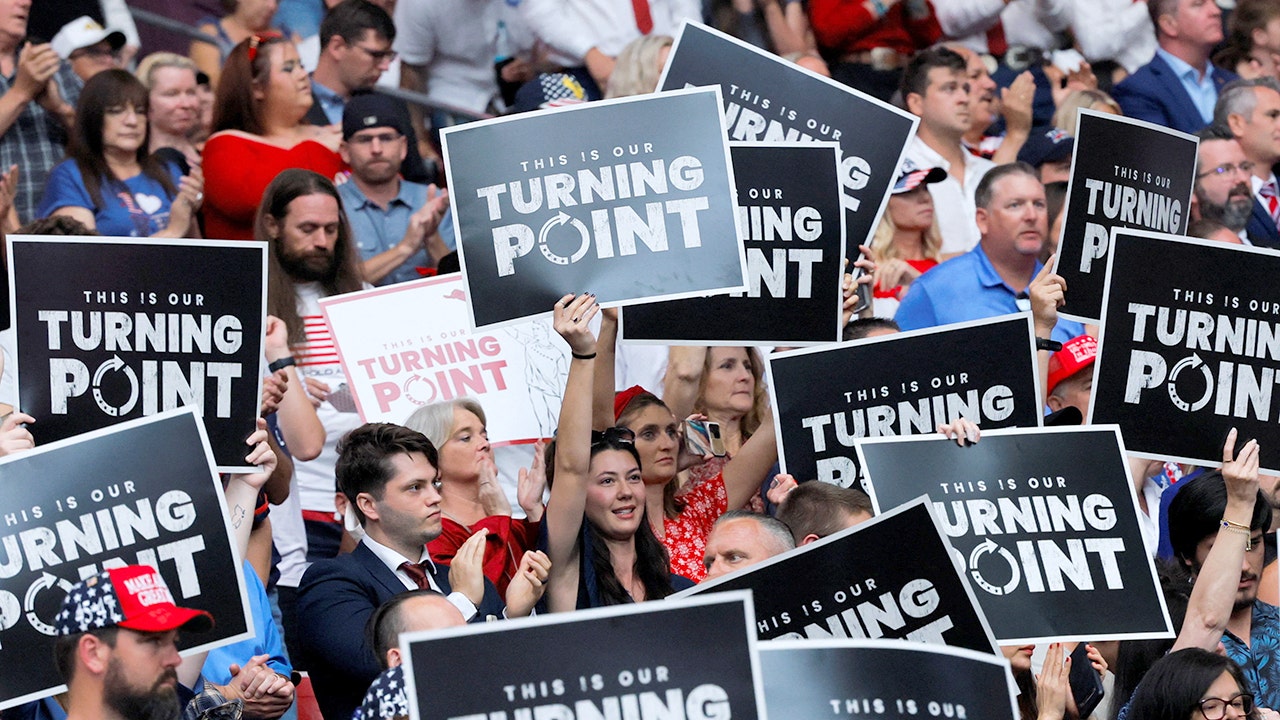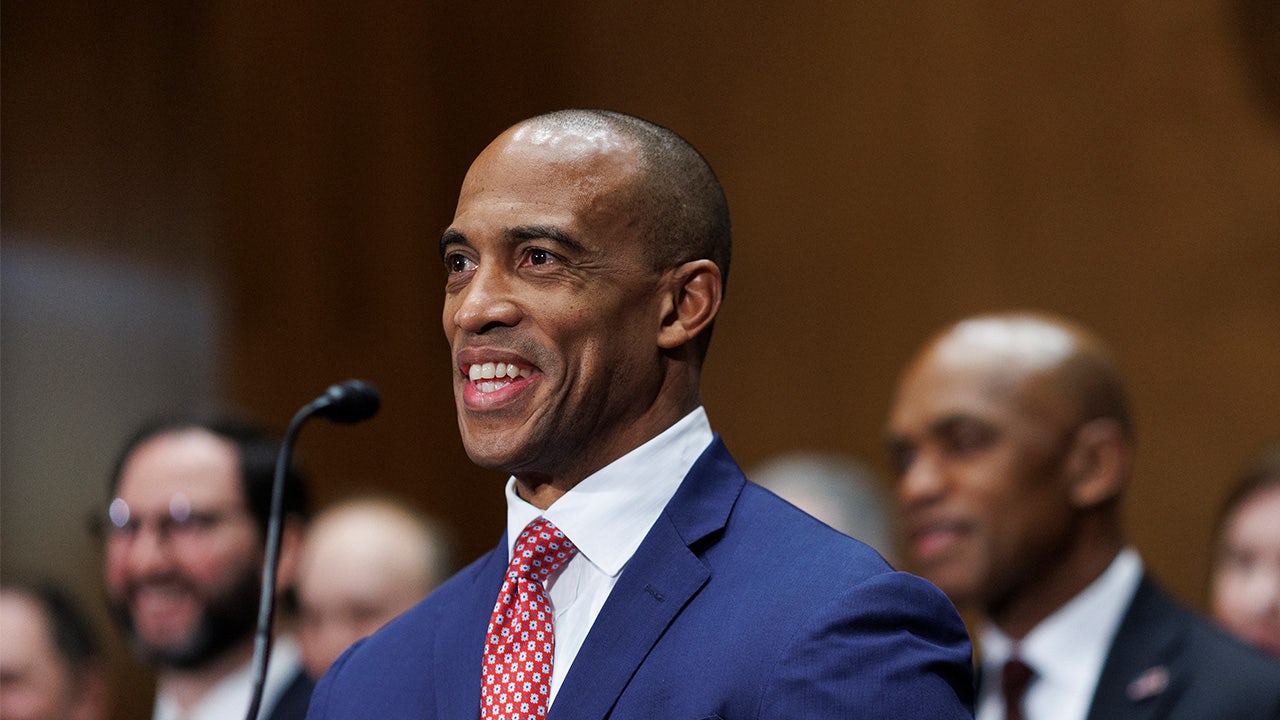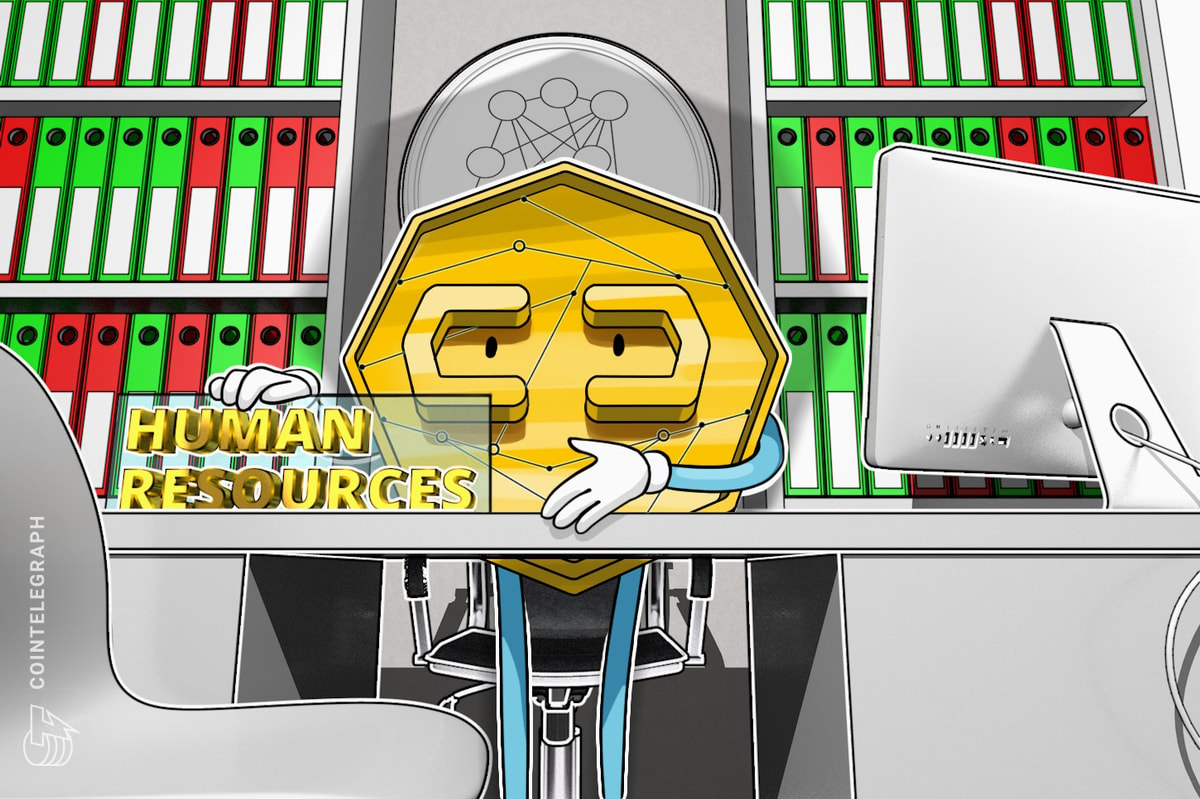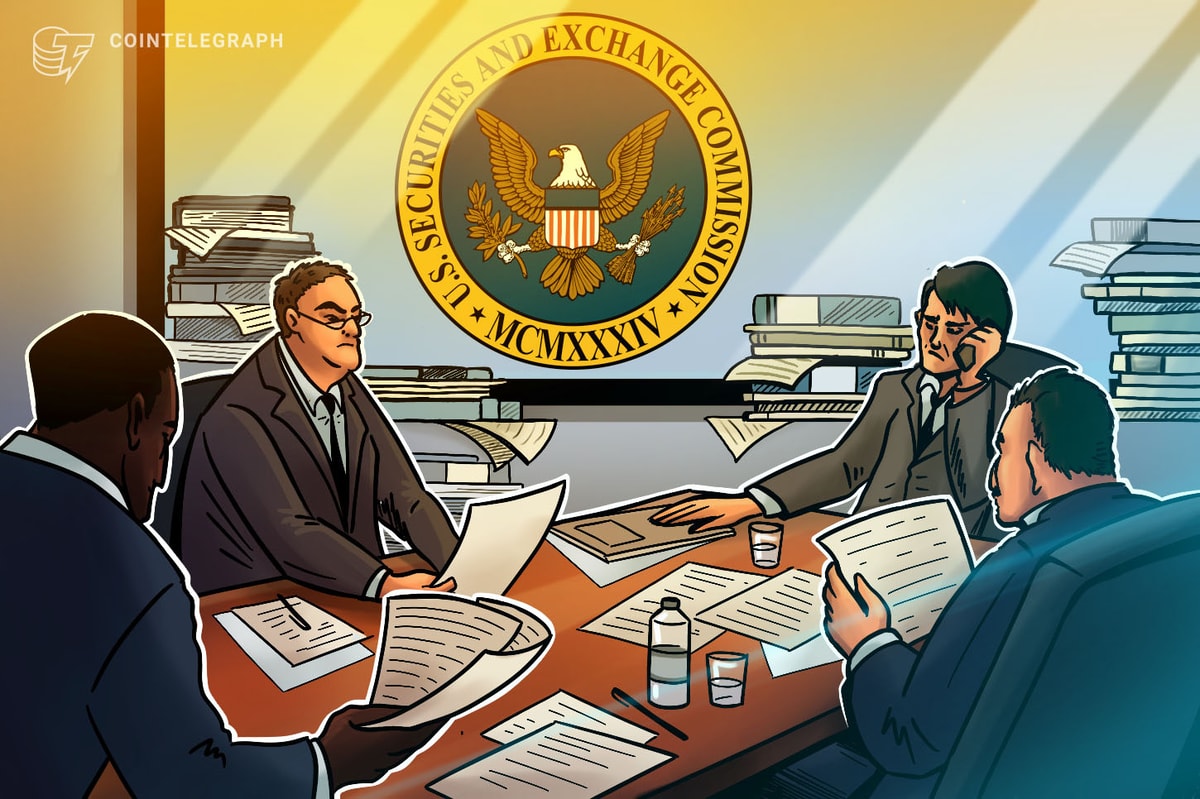Crypto companies have ramped up hiring in the United States after new legislation and regulatory clarity reversed years of talent flight overseas, according to industry experts.
Hugh Norton-Smith, co-founder of crypto recruiting company Intersection Growth Partners, told Cointelegraph that his company is “now seeing a massive re-shoring of crypto talent given the regulatory clarity unlocked [in the US].”
Much of that clarity has come from new crypto legislation in Congress, most notably the Genius Act, a law setting clear rules for stablecoins in the country and signed into law by US President Donald Trump in July.
A year ago, “every US crypto company had a Dubai contingency plan or similar. Every protocol foundation was bailing to the Caymans,” Norton-Smith said. Now, Dubai and Singapore offices are “becoming outposts,” and “90% of our leadership searches are US-based.”
Marieke Flament, former CEO of Near Foundation and board member of MINA Foundation, said crypto hiring in the US has been “definitely very active” in 2025, while the demand for crypto talent remained steady in the Middle East, particularly in Dubai. “In Europe,” she said, “there is a lot of ask for TradFi with crypto experience.”
Norton-Smith said the company is focusing on recruiting “bilingual executives” who can bridge both traditional finance and crypto. He noted that hiring demand has shifted from developers and compliance officers to commercial roles like marketing, business development and partnerships, as companies chase market share.
“Crypto has built incredible infrastructure that’s ready to roll,” he said. “Now someone needs to sell it and get users at scale.”
According to Crypto Jobs List, the average global Web3 salary is about $103,000 per year, with the top 10% of roles earning about $160,000 and the bottom 10% closer to $18,000. The site bases its estimates on thousands of anonymous submissions and job postings.
“Crypto continues being a very fast-moving and evolving industry,” Flament said, “so having a constant growth mindset and being ready to learn every day remains a key skill.”
Related: Crypto execs center stage as Trump signs stablecoin bill into law
Crypto companies ramp up US hiring
After taking office in January, Trump established the Working Group on Digital Asset Markets, a government body seeking to coordinate crypto policies. He has also filled his cabinet with industry allies.
One of the most notable changes came under new leadership at the US Securities and Exchange Commission (SEC). Paul Atkins, the agency’s new chair, in July announced “Project Crypto,” an initiative to modernize securities regulations and help move US financial markets onchain.
Less than a month later, speaking at the Wyoming Blockchain Symposium, Atkins said only a few tokens should be considered securities, a departure from the SEC’s “regulation-by-enforcement” approach to crypto regulation under its previous leadership.
Pro-crypto policies have led to noticeable shifts in the industry. In January, Ripple CEO Brad Garlinghouse reported that 75% of Ripple Labs’ job openings were US-based.
In May, Cointelegraph reported that Coinbase planned to add about 1,000 US-based jobs in 2025.
Traditional finance has been getting in on the action as well. In August, prominent US-based asset managers Charles Schwab and Fidelity posted positions for senior crypto roles.
Related: Coinbase CEO sets sights on replacing banks with crypto super app
Unclear tax rules and political pushback
Despite regulatory advancements in the US, the rules around digital asset taxes remain unclear.
At a July 16 hearing in the House of Representatives, lawmakers and industry leaders warned that fragmented US crypto tax rules are still driving innovation offshore, with bipartisan agreement that comprehensive tax reform is urgently needed.
There has also been pushback to the administration’s pro-crypto moves from US lawmakers, some of whom see Trump’s crypto ties with projects like World Liberty Financial and the Trump memecoin as conflicts of interest.
In an interview with MSNBC in August, Democratic Senator Elizabeth Warren said,
“We don’t need regulation written by the crypto industry […]. We need regulation that limits the corruption and the ability of elected officials to trade in it, that also limits the ability to blow up the economy with crypto.”
Magazine: Quitting Trump’s top crypto job wasn’t easy: Bo Hines
Read the full article here















